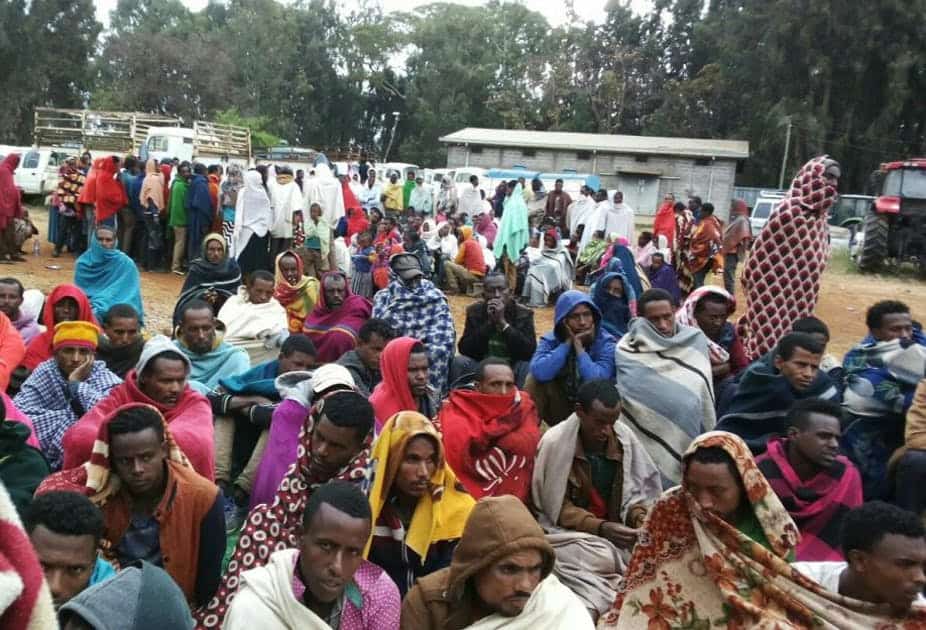The Ethiopian authorities must urgently launch an impartial investigation into the summary killing of over 400 Amhara residents of Tole Kebele in Oromia region on 18 June, Amnesty International said today.
Hundreds of people were killed and scores injured in an attack that survivors and victims’ family members say was committed by the Oromo Liberation Army (OLA).
The organization interviewed 10 people, including five eyewitnesses as well as survivors, victims’ family members and a local official. Interviewees consistently recounted summary killings, burning of homes and looting. Satellite imagery analysis by the organization’s Crisis Evidence Lab also corroborates claims that fires erupted in villages in Tole Kebele on 18 June.
“These horrific killings in Tole, allegedly at the hands of the Oromo Liberation Army, reveal its perpetrators’ utter disregard for human life. This callous massacre, which also saw women and children lose their lives, must be independently and effectively investigated,” said Deprose Muchena, Amnesty International’s Director for East and Southern Africa.
“Ethiopian authorities must leave no stone unturned in ensuring that the perpetrators of these killings are brought to justice in fair trials.”
According to a local official interviewed by Amnesty International, the attack was immediately reported to district and zonal officials, who said they were unable to respond because the road was closed.
Government forces did not intervene during the five-hour period in which the perpetrators killed residents and burned and pillaged homes in Tole, according to nine witnesses. Gimbi town, where the local district administration is based, is just 49kms away from Tole by road.
Residents said government forces arrived hours after OLA fighters had left; survivors were already collecting the bodies of their relatives.
“The pervasive culture of impunity in Ethiopia is driving cycles of violence. The authorities must urgently order a credible and independent investigation into all atrocities committed in the country and facilitate access for the International Commission of Human Rights Experts established by the UN Human Rights Council,” said Deprose Muchena.



